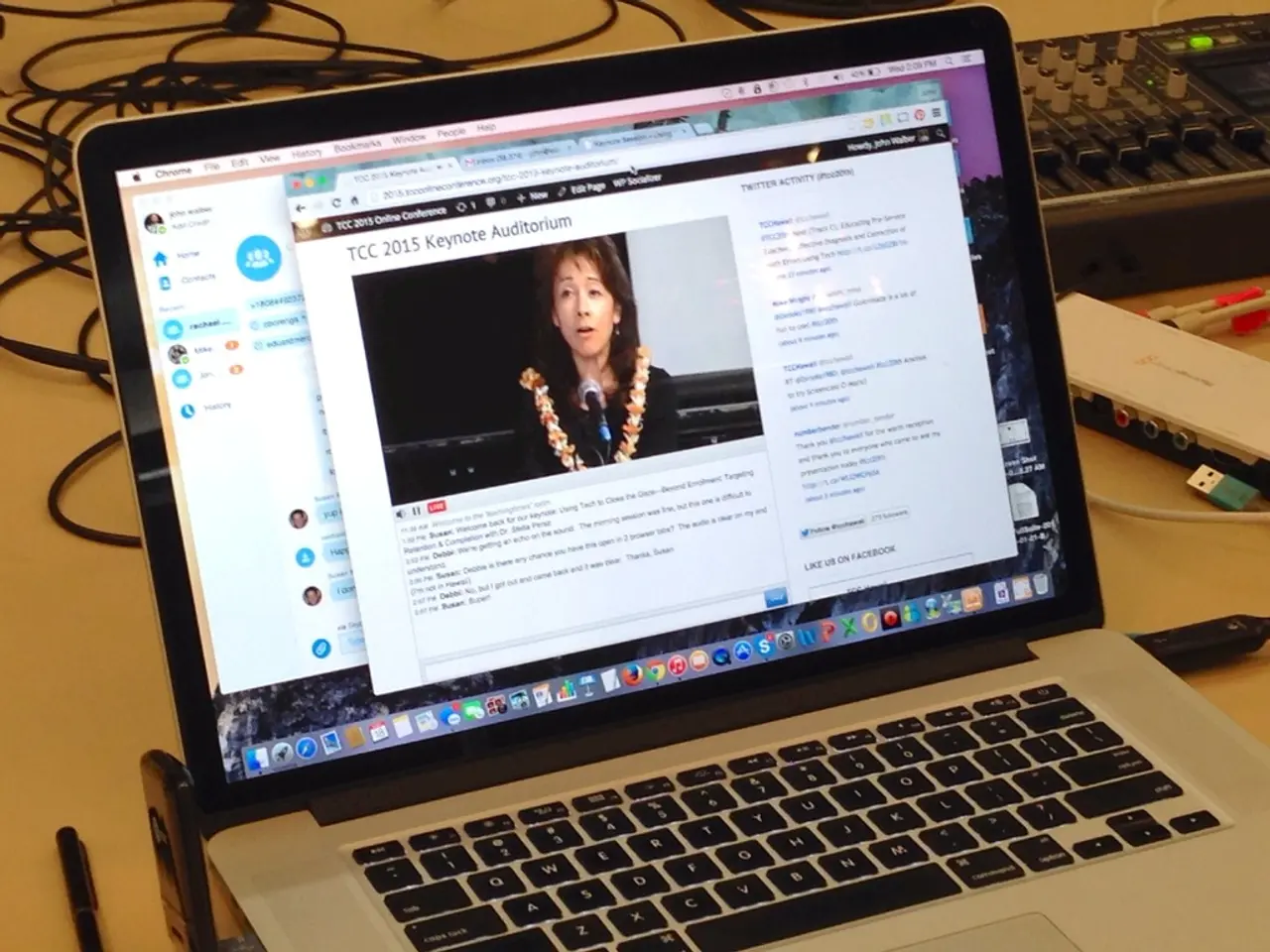Arbitration, a form of legal dispute resolution often favored by the affluent, is seldom chosen by the economically disadvantaged, according to Supreme Court Justice Sudhanshu Dhulia.
In a discussion at the FICL symposium held in July 2023, Supreme Court Judge Justice Sudhanshu Dhulia and Dr. Anju Rathi Rana, Law Secretary at the Department of Legal Affairs, addressed current challenges and proposed reforms in India's arbitration system.
Challenges
The discussion highlighted several issues facing India's arbitration landscape, including procedural delays and inefficiencies, judicial overreach and court intervention, and a limited pool of specialized arbitrators.
Procedural bottlenecks and frequent court interventions often cause arbitration proceedings to last five to seven years, which undermines India's ambition to be a global arbitration hub. The tension between judicial oversight and arbitral autonomy remains a significant challenge, with the 2023 Supreme Court ruling in the NN Global case highlighting procedural formalism that may hamper efficiency.
Another challenge is the limited expertise in the current arbitrator pool, particularly in specialized fields like engineering, finance, technology, and maritime law.
Proposed Reforms
To address these challenges, several reforms have been proposed. These include institutionalisation of arbitration, tightening procedural timelines, uniform institutional procedures, drafting and clause reforms, and judicial restraint in award modification.
Establishing bodies like the India International Arbitration Centre (IIAC) and the Arbitration Council of India aims to professionalise and institutionalise arbitration procedures, improving efficiency and credibility. The draft Arbitration and Conciliation (Amendment) Bill 2024 proposes introducing appellate arbitration tribunals staffed with domain experts to reduce court backlogs and enhance enforcement.
Reforms also recommend imposing rigid, non-extendable deadlines for challenging and enforcing arbitral awards to speed up dispute resolution. There is a call for uniform, internationally aligned procedures across arbitral institutions, particularly concerning emergency arbitration, confidentiality, and fee structures.
Introducing a statutory checklist for drafting arbitration clauses, with penalties for ambiguous or boilerplate clauses, is another proposed reform aimed at reducing disputes over jurisdiction and procedural points. Judicial powers to modify arbitration awards are also being reconsidered to preserve party autonomy and the sanctity of arbitration awards.
Contextual Sectoral Trends
Arbitration cases are rising sharply in technology, intellectual property, and energy sectors, increasing the demand for specialized arbitrators and streamlined processes.
Perspectives Aligning with National Efforts
Justice Dhulia and Dr. Rana's perspectives align with ongoing national efforts to balance judicial supervision with arbitral autonomy, institutionalise arbitration for efficiency, and expand expertise to handle increasingly complex commercial disputes. The reforms aim to reduce procedural delays while safeguarding party autonomy, thereby reinforcing India’s position as a preferred international arbitration venue.
Key Points
- Justice Dhulia raised doubts about the speedy dispute resolution promised by arbitration due to court interference and pendency.
- As of February 2024, the Supreme Court has over 132 petitions related to the appointment of arbitrators and more than 1,000 petitions relating to other aspects of arbitration.
- Justice Dhulia expressed skepticism about India's ambition to become an international arbitration hub, stating that institutional arbitration is still not the norm domestically.
- Rana stressed the need for a faster and future-ready arbitration ecosystem.
- Rana expressed optimism about the growth of arbitration in India, stating that it is moving towards mainstream acceptance.
- Justice Dhulia stated that unless institutional arbitration becomes a culture, India's ambition of becoming a hub for arbitration may face roadblocks.
- Rana stated that the success of legislation depends on implementation and building a credible arbitration ecosystem is a shared responsibility.
- Rana stated that the India International Arbitration Centre (IIAC) is designed to compete with global institutions in form and credibility.
- The Central government recently issued an office memorandum restricting arbitration in government contracts below ₹10 crore, which Justice Dhulia noted reflected government's 'pain' over arbitrations not going in its favour.
- To cater to the rising arbitration cases in technology, intellectual property, and energy sectors, where expertise is essential, reforms proposed include institutionalising arbitration, improving the pool of specialized arbitrators, and streamlining processes.
- Aligning with national efforts, Supreme Court Judge Justice Sudhanshu Dhulia and Dr. Anju Rathi Rana emphasized the importance of balancing judicial supervision with arbitral autonomy, expediting dispute resolution, and expanding expertise to handle complex commercial disputes.
- In the context of India's ambition to be a global arbitration hub, technology, policy-and-legislation, business, general news, and politics must address procedural delays, judicial overreach, and the need for a larger pool of specialized arbitrators to foster a credible and efficient arbitration ecosystem.




